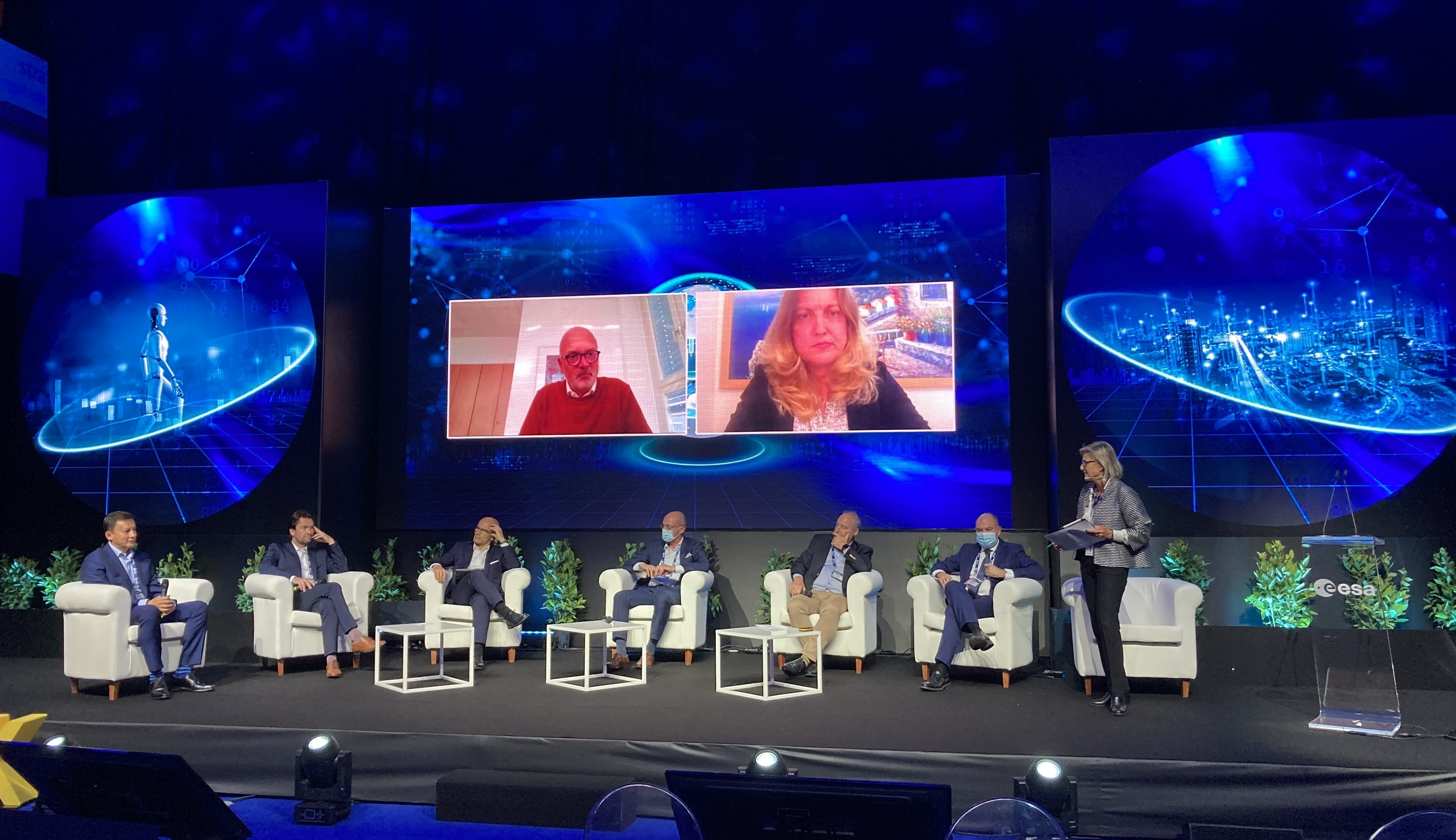Gepubliceerd op 14 oktober 2021
According to the latest report from the Geospatial Industry Outlook and Readiness Index, GeoBuiz, the Earth observation industry as a whole is estimated to have been worth almost US $58 billion in 2019, rising to almost US $76 billion in 2020. Moreover, it is thought that this steep rise merely marks the beginning of bigger things to come.
In addition, with respect to Europe industry, the 2021 survey published by the European Association of Remote Sensing Companies, EARSC, indicates that in 2020 there was a 24% growth in the number of companies associated with the Earth observation industry, as well as a 24% increase in revenue and a 17% rise in employees, compared to 2019.
Essentially, Earth observation satellite data made available through ESA and through Europe’s Copernicus programme are free and open to all. While this traditional approach of providing Earth observation data works extremely well for the scientific community and established users of data-based services, and support business creation in Europe, the rapidly growing commercial market for Earth observation products opens a myriad of opportunities – for the Earth observation industry, and for the protection of our planet.
 During the session dedicated to the market perspective at Φ-week, Steve Bochinger from Euroconsult delivered an extremely positive view of the future Earth observation market with emerging new verticals, albeit not completely free from potential complications.
During the session dedicated to the market perspective at Φ-week, Steve Bochinger from Euroconsult delivered an extremely positive view of the future Earth observation market with emerging new verticals, albeit not completely free from potential complications.
ESA’s Geraldine Naja showed how ESA, with its newly established Directorate of Commercialisation, Industry and Procurement, will take a new approach to supporting European industry, taking benefits from worldwide commercial and New Space opportunities.